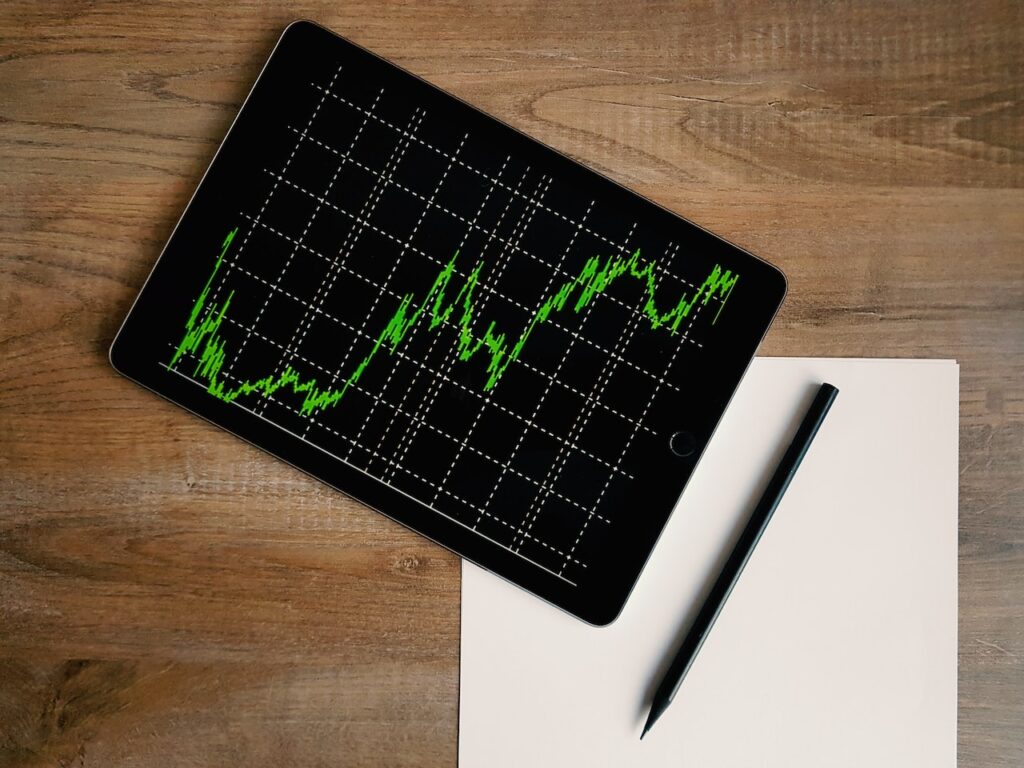What is Stock Trading?

Stock trading is a business in which you invest your money in stocks and other financial instruments. A stock trader can be known by different names, including stock investor, share trader, and equity trader. They can also be agents, hedgers, arbitragers, speculators, and stockbrokers.
Limit order
A limit order is a stock trading order that allows you to purchase or sell a particular stock at a specified price. Once the limit price is reached, your order will be executed. You should only use a limit order if you believe a stock is undervalued. This order has two main advantages. First, it assures you of a guaranteed entry and exit from the market. Second, the process of buying and selling is automated through your trading platform.
The price of a stock can change significantly between different market orders. This means that if you are unsure of the future direction of the stock, you can use a limit order. This option has a high probability of being executed, but the price can change rapidly. A limit order gives you the exact price you want to buy or sell a stock, but there is a risk that the price may never reach this price.
Limit orders are also helpful when you’re trading a low-volume stock. This is because smaller companies often take a long time to fulfill market orders. With a limit order, you can get the exact price you want without having to wait as long as you would with a market order. So, if you’re new to the stock market, limit orders are a great way to start.
In addition to limit orders, you can also use stop orders. A stop order will prevent you from selling a stock if it drops below a pre-set limit price. While a stop order is not an exact match to a limit order, it will not be executed unless you buy it at the price you desire.
A limit order is not guaranteed to execute, so you should set a period before placing it. A day order will expire at the close of the market, while a good ’till-canceled order will remain open indefinitely. You can specify a period up to fifteen days. A GTC order can be triggered over several trading days, which can be advantageous to both parties.
A limit order is a good way to buy or sell a security if you want to limit the price. This way, you can ensure that you do not lose money on a stock that’s selling at a lower price. However, limit orders have one major disadvantage.
Market order
A market order in stock trading is an order that is entered into the market and not specified at a particular price. It has some disadvantages. It often ends up at a different price than it was when it was placed. Because the price of stocks is so volatile, market orders can have unexpected consequences.
There are several types of market orders, and there are also limits that can be applied. A market order can be used to buy or sell stocks at any price. A limit order, however, must be placed at a specified price in order to be filled. If the market price of a stock is higher than the limit price, the broker will not fulfill the order.
In addition, a market order may not be executed if the market is closed. If the order is not filled at the close of a market session, it will be executed at the next market session, which could be much higher or lower than the previous close. This is because there are many factors that can impact the price between the market sessions.
Market orders can be either limit orders or stop orders. The market order is usually the best option for long-term investors who want to invest for the long term. Long-term investors tend to look at the fundamental characteristics of companies and will hold their stocks for months or years. Limit orders, on the other hand, are used by traders who trade frequently and look at short-term price trends. Investors can also use stop orders to lock in profits and to anticipate bullish trends. Limit orders also restrict intraday swings.
Limit orders and market orders are the two most common types of stock orders in stock trading. Limit orders are more restrictive, but give investors more control over their trades. Limit orders are best used for small-capitalization stocks with low trading volume. If the price is too high, buyers can always change their order.
A market order can be risky. It is not guaranteed to give the best price. Market prices move fast and can change suddenly. If the market is slow or there isn’t enough liquidity, a market order can be canceled.

AdHang.com is a No.1 agency for digital marketing in Nigeria and the first internet public enlightenment agency in Africa. AdHang has all that are needed to achieve your digital marketing objectives and goals. From strategic digital marketing, a tactical approach to employing advanced digital marketing tools and technologies, using seasoned marketers with decades of marketing communications experience.









